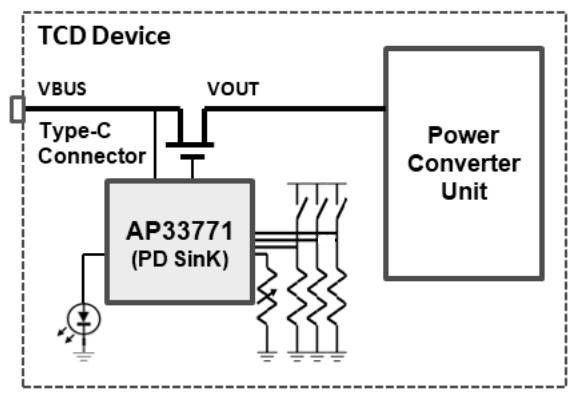
“It is critically important to our prosperity and national security that we reestablish our leadership role in semiconductor manufacturing,” said Under Secretary of Commerce for Standards and Technology and NIST Director Laurie E. Locascio. “To do that, we need a whole-of-nation approach to solving this problem. That’s why we’re asking experts and stakeholders to provide important guidance as we design these programs for maximum impact while protecting the taxpayer’s investment in our nation’s future.”
The CHIPS for America initiative includes two main components.
First, it provides financial incentives to encourage investment in domestic semiconductor manufacturing.
Second, it establishes collaborative networks for research and innovation that will ensure an enduring technological edge. The two Requests for Information (RFIs) announced today cover both aspects of the initiative.
Under the Incentives Program RFI, NIST’s CHIPS Program Office seeks public input on the design and implementation of incentive programs, including grants, loans and loan guarantees to encourage investment in domestic manufacturing capacity and reduce reliance on foreign supply chains.
This RFI follows an earlier one on “Incentives, Infrastructure, and Research and Development Needs to Support a Strong Domestic Semiconductor Industry,” which was issued by the U.S. Department of Commerce on Jan. 24, 2022, prior to enactment of the CHIPS Act. Responses to the new RFI will be considered alongside those from the previous one when designing incentives programs.
This RFI seeks input in several areas, including information on:
- Structuring grants, loans and loan guarantees to ensure that they add to, rather than substitute for, private sector investments.
- Identifying the most significant supply chain bottlenecks for U.S. semiconductor fabrication facilities.
- Measuring the effectiveness of efforts to combat cloning, counterfeiting and relabeling of semiconductors.
- Designing taxpayer protections that prevent recipients from spending CHIPS funds on stock buybacks or dividends.
- Identifying the types of investments that have been most effective in promoting inclusive economic growth for workers and communities.
All submissions received in response to this RFI will be posted on the NIST website. Responses are due by 5 p.m. Eastern time on Nov. 14, 2022.
Responses may be directly submitted via regulations.gov using the “Comment” button, or comments may be sent to RFI@chips.gov. Full details on responding can be found in the Federal Register.
The other RFI seeks public input on the development of up to three new Manufacturing USA institutes that will enhance U.S. leadership in semiconductor manufacturing through advanced research, education and workforce development.
Manufacturing USA is a network of institutes that brings together people, ideas and technology to solve advanced manufacturing challenges. Like all Manufacturing USA institutes, the ones envisioned in the CHIPS Act will be public-private collaborations focused on technology, supply chain, and education and workforce development.
This RFI seeks input on:
- Potential research focus areas, such as artificial intelligence for chip design, testing and metrology, new materials, and many more.
- The structure and governance of the institutes.
- Strategies for driving co-investment by businesses, academic institutions and other nonfederal entities.
- How research and development activities can be integrated into educational programs to strengthen the current and future workforce.
While the RFI specifically seeks input on these and other topics, NIST welcomes ideas on any topic relevant to the development of the Manufacturing USA institutes and hopes to receive a broad diversity of perspectives.
NIST will hold informational webinars explaining how the public can submit comments on Oct. 20, Nov. 2 and Nov. 16, 2022.
More information on this RFI and webinar registration instructions are available on the NIST website.
All submissions received in response to this RFI will be posted on the NIST website. Responses are due by Nov. 28, 2022. Responses may be directly submitted via regulations.gov using the “Comment” button, or comments may be sent to MfgRFI@nist.gov. Full details on responding can be found in the Federal Register.







